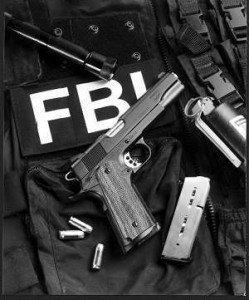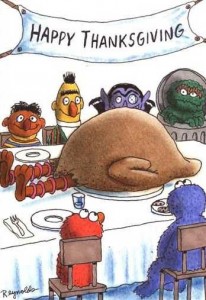BY RAUL HERNANDEZ
 Apparently, the Chicago cop charged with the murder of Laquan McDonald racked up as many as 18 complaints from those he swore to “protect and serve” including a 2007 court judgment against him for $350,000.
Apparently, the Chicago cop charged with the murder of Laquan McDonald racked up as many as 18 complaints from those he swore to “protect and serve” including a 2007 court judgment against him for $350,000.
The plaintiff Ed Nance claimed he was roughed up by Officer Jason Van Dyke and that he seriously injured both shoulders, costing him tens of thousands of dollars in medical bills and lost wages, according to Chicago Tribune.
This is the part of the problem in many police departments. Many bad cops continue to be bad cops, and good cops continue to enable them to do so by saying nothing or hiding behind the so-called “Code of Silence,” which apparently supersedes the U.S. Constitution and makes a mockery of the police oath.
Part of the problem is that recruiting and training for cops needs to be overhauled and taken to another level.
What about an Police Academy operated by the FBI that physically and mentally screens prospective recruits and trains those accepted to the academy?
People who want to be police officers must have at least two years of college and would have to take language and math skills tests. Many of the cops who work at police departments come straight out of high school and others are bad or unfit cops who are fired and then, go from one police department to another.
In many states like California, it’s nearly impossible to get cop’s history of complaints lodged against him through police departments.
This is how the FBI’s police academy might work:
A prospective police recruit will be screened after they apply to the FBI’s Police Academy. But he or she needs to pay $2,000 fee to cover a small portion of the two-month, rigorous training.
Large cities would pay up to $10,000 a year, and this would entitle them with a list of police graduates who have completed the FBI training. Police Departments from cities that are enrolled in the FBI’s police academy system would be able to recruit from a list.
Highly trained recruits will get a list of job openings from a cities’ police departments or from federal agencies, and they can chose whatever city they want to apply for jobs.
This will not only ensure that cities and counties are able to select from a very large pool of highly trained police candidates, but it will also save municipalities and taxpayers’ money to recruit and train some of their recruits.
Small police departments would benefit from recruiting from the FBI’s academy, and new recruits would also benefit by getting some police work experience at smaller departments before moving to cities.
After 18 months on the job, the police officer who got trained at the FBI’s Police Academy would be able to get a $1,500 refund from their initial $2,000 fee.
A person who doesn’t find work in law enforcement would be able to put on his or her resume that they completed the FBI’s Police Academy.
The FBI training would ensure that better qualified, highly trained and more educated police officer will be on the streets. It would also set a national standard for police training that is woefully lacking in this country.
In addition, many who trained at the FBI’s Police Academy will move up the ranks and become supervisors, leaders and police chiefs making an impact on many broken police cultures such as the one in Chicago.
For most Americans, Thanksgiving isn’t the only time for thankfulness
 Thanksgiving is a time when Americans are supposed to reflect on what they are thankful for.
Thanksgiving is a time when Americans are supposed to reflect on what they are thankful for.
But it’s not the only time they do so. A large majority of Americans (78%) feel a strong sense of gratitude or thankfulness on aweekly basis, according to a new poll by the Pew Research Center. And only 6% of Americans say they seldom or never experience these feelings.
That being said, some groups are more likely than others to express gratitude. For example, 84% of women regularly feel a strong sense of gratitude or thankfulness, compared to 72% of men. And nearly nine-in-ten Mormons, Jehovah’s Witnesses and evangelical Protestants – traditionally some of the most observant religious groups – say they feel gratitude or thankfulness at least once a week.
 While the survey question about gratitude did not ask explicitly about gratitude to God, regular feelings of gratitude are more common among those who are highly religious than among those who are not. For example, eight-in-ten or more Americans who believe in God, or who say religion is “very” or “somewhat” important in their lives, experience feelings of gratitude or thankfulness on a weekly basis. About nine-in-ten Americans who regularly attend religious services, pray, participate in prayer groups or read scripture say they regularly feel a strong sense of gratitude.
While the survey question about gratitude did not ask explicitly about gratitude to God, regular feelings of gratitude are more common among those who are highly religious than among those who are not. For example, eight-in-ten or more Americans who believe in God, or who say religion is “very” or “somewhat” important in their lives, experience feelings of gratitude or thankfulness on a weekly basis. About nine-in-ten Americans who regularly attend religious services, pray, participate in prayer groups or read scripture say they regularly feel a strong sense of gratitude.





